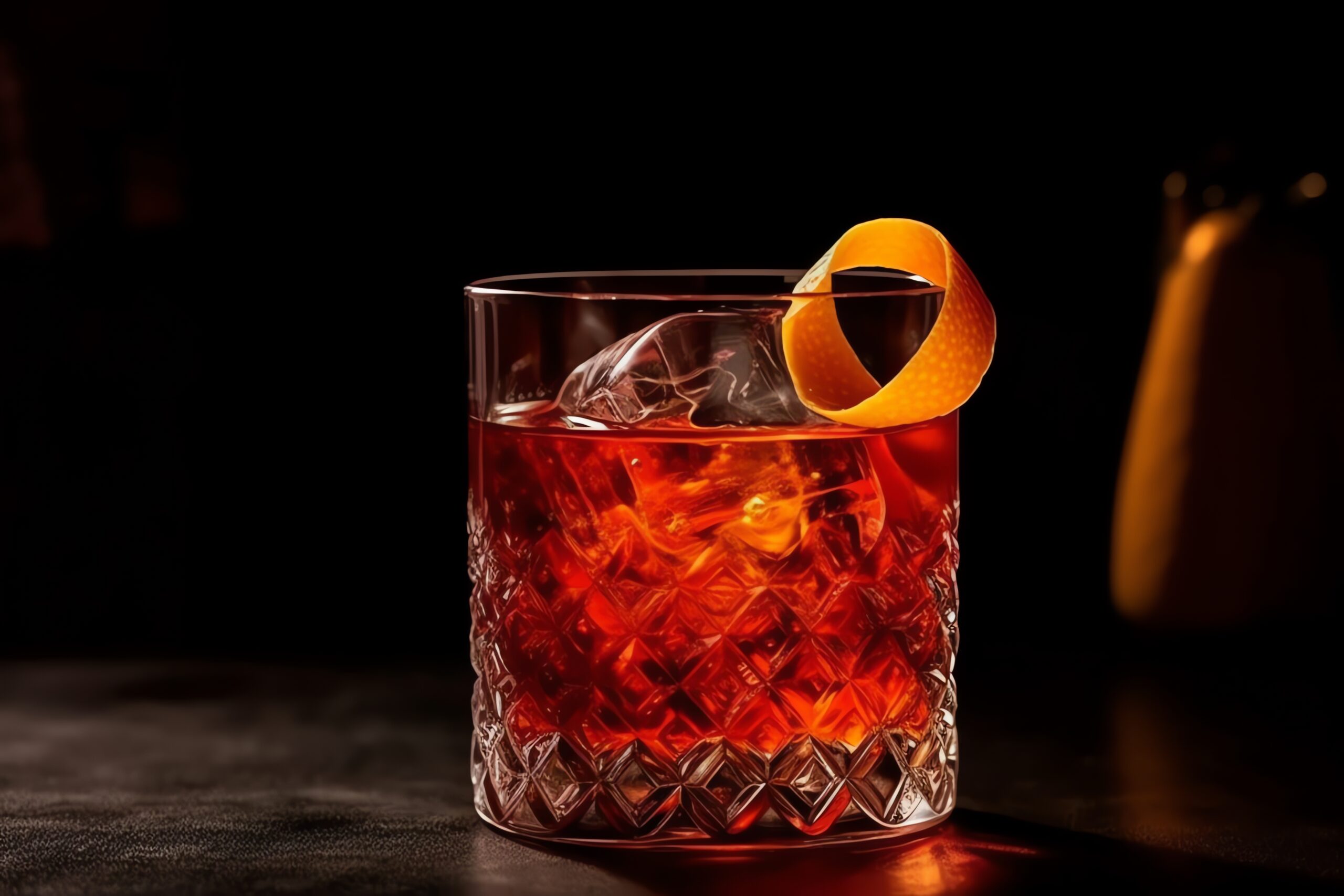What are craft cocktails? Cocktail writers by large recognize that the cocktail world underwent a renaissance at the start of the twenty-first century. In a TED Talk, beverage writer Wayne Curtis discussed the recent evolution of the craft cocktail. He stated that in the early part of the twenty-first century, there were only a handful of craft cocktail bars but they were trend-setters and soon the notion of “craft” became synonymous with convention and recognized as the gold standard within the industry. Curtis talks about how in the early days of the new cocktail renaissance, a few trend-setters looked back to the past and revived old recipes and formulas after considerable research. His talk ends with a caution. He says a lot of bartenders like the look of being a craft bartender without necessarily being craft bartenders. He poses the question “What is craft?”
First, I propose that craft is synonymous with artisanal. It is the antonym of mass production. It is hand-crafted and traditionally made. But this definition isn’t good enough because cheap and poorly made cocktails made at any dive bar easily fit this definition. We can assume that if craft cocktail bars were largely obsolete before the turn of the twenty-first century then a screwdriver made with Dark Eyes & Tropicana fails the definition.
One thing that has defined craft cocktails is the use of in-house-made herbal syrups and fruit purees. For instance, ingredients like orgeat were once difficult to obtain and therefore if one wanted to make a historic recipe that called for orgeat then one was required to make it themselves or substitute for another ingredient. At the beginning of the craft revolution, this is precisely what was happening. However, there are now companies that make high-end mixers. I wouldn’t call a cocktail made with a high-end commercial orgeat any less artisanal than one made with a house-made orgeat, though I might appreciate the latter for the extra effort.
Then there are those really cheap mixers that come in large oversized plastic bottles. I won’t mention any brands. But most connoisseurs would agree that the use of these is the antithesis of craft, something that belongs to a noisy college nightclub BUT not a craft bar.

So here is what I propose constitutes craft:
- Recipes that are carefully informed by history and tradition with an effort towards culinary balance. Craft bartenders are well-informed by the history of their craft.
- The use of high-quality and artisanal ingredients. It’s not necessary to make your own purees or fruit syrups but they must be of high quality.
- The use of fresh juices. Citrus and other juices are always going to be best if pressed the same day in-house.
- Careful attention to detail. Craft bartenders pay careful attention to detail; everything from measurements to ice, to garnish are carefully considered and rendered. Each drink is treated as a work of art with every detail given thoughtful consideration.

